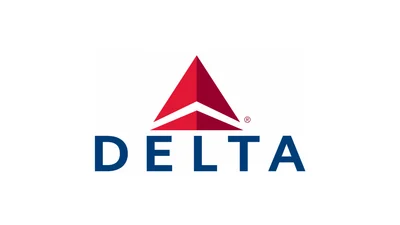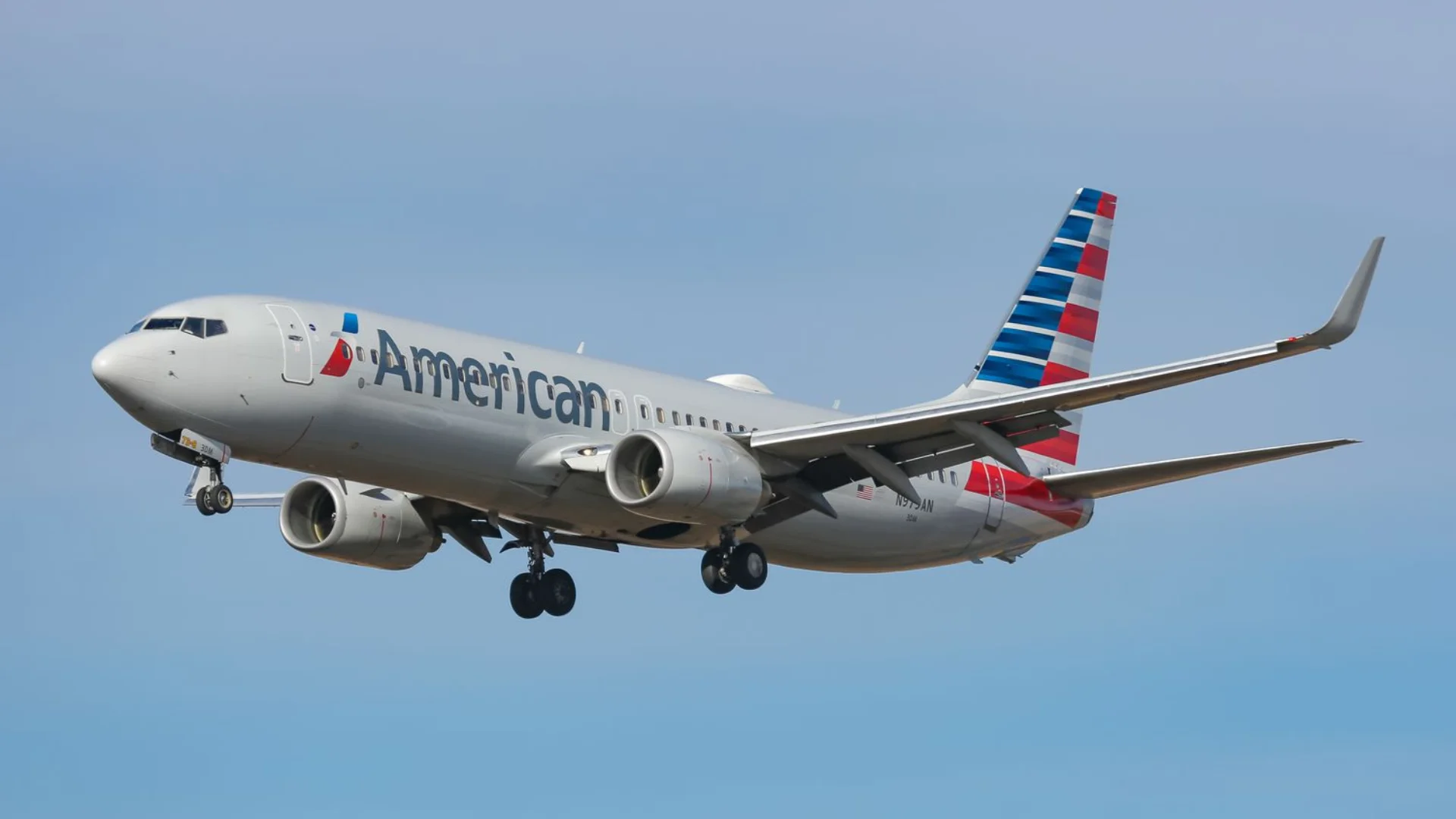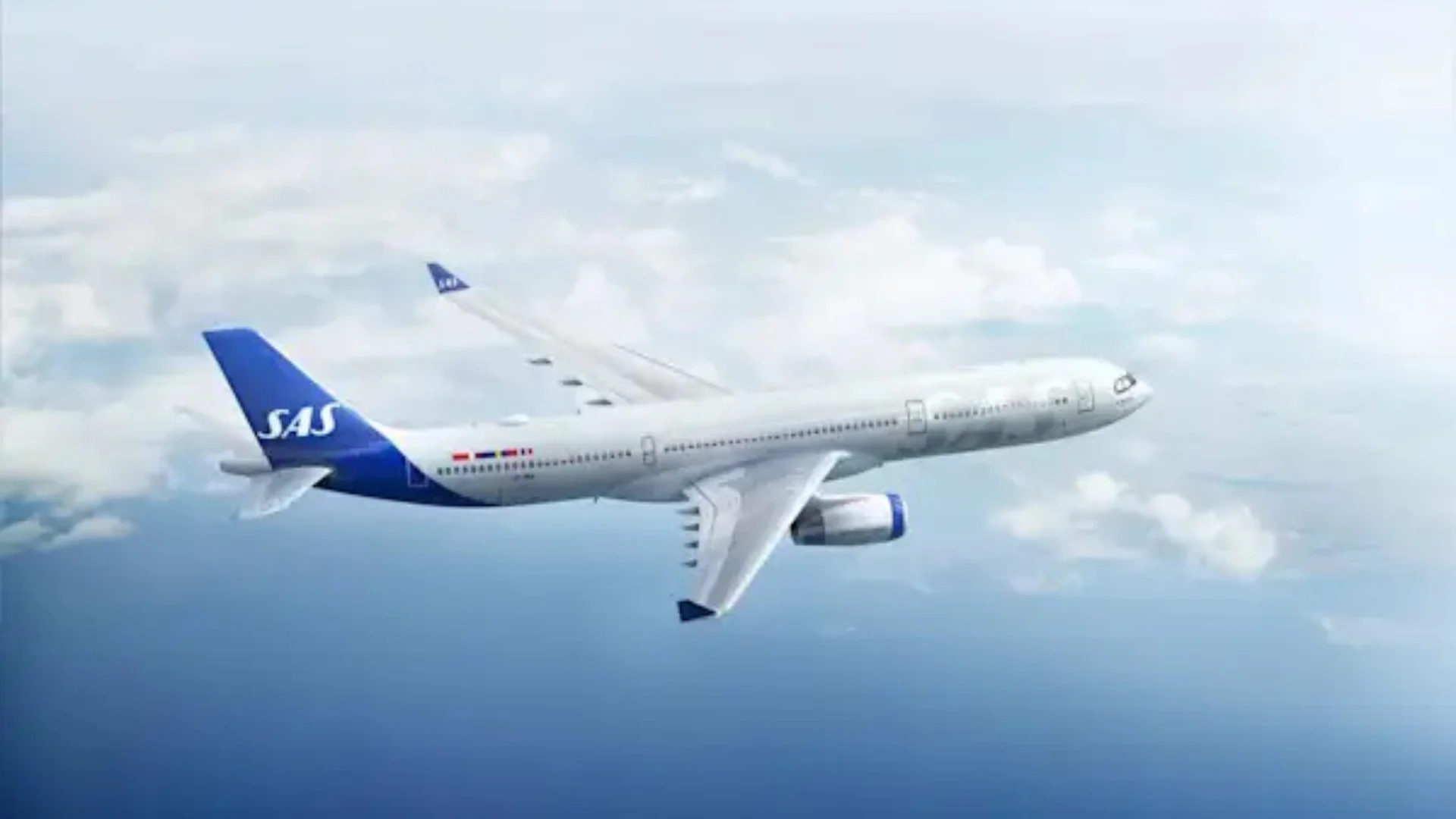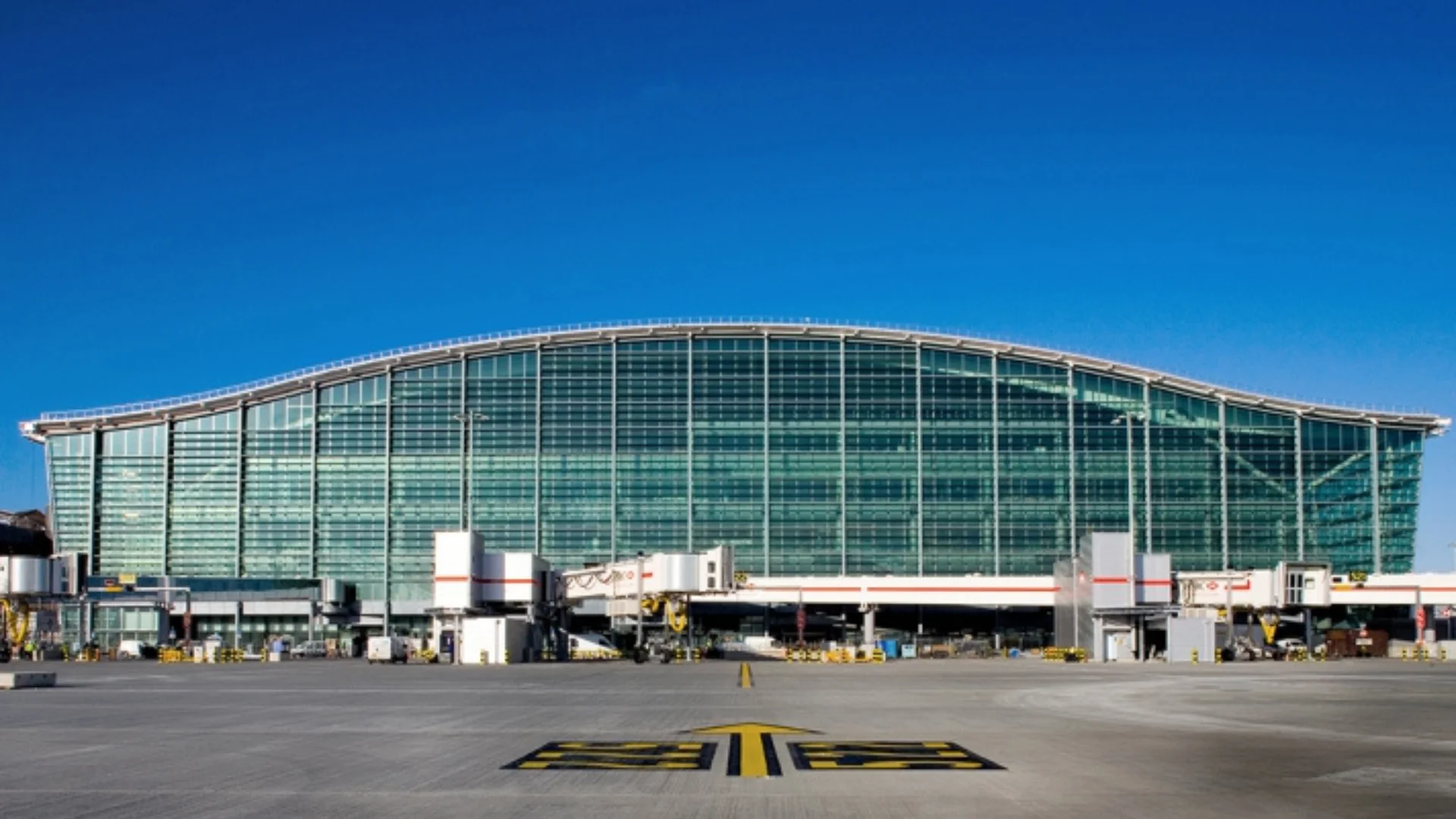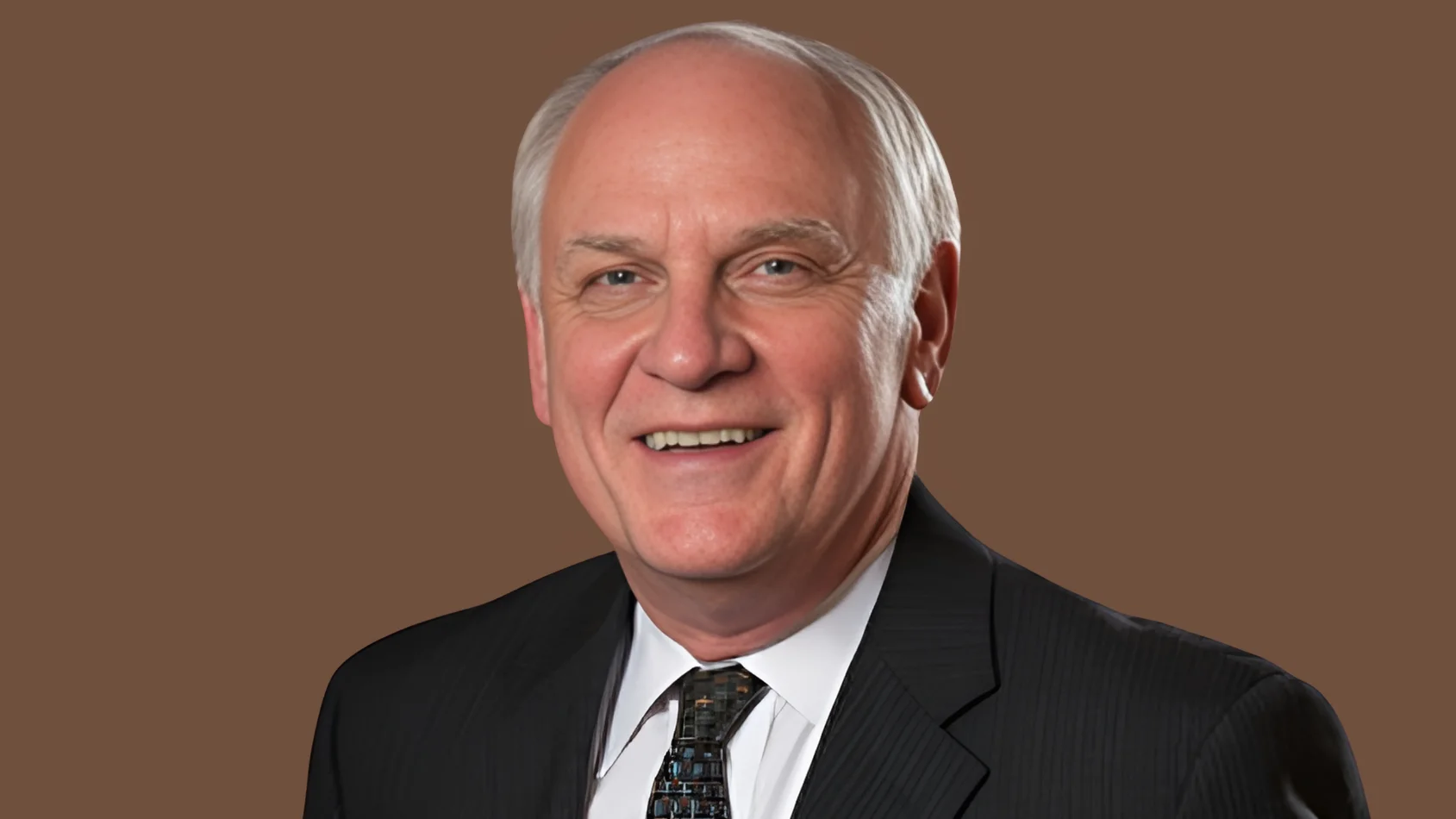The choice between yokes and side sticks reflects decades of technological evolution. Airbus's adoption of fly-by-wire technology allowed it to introduce new control interfaces like the side stick. This move helped Airbus differentiate itself commercially from Boeing's 737 by offering a unique aircraft.
Boeing has maintained a conservative approach to innovation, evolving from older designs where yokes were standard. The company values pilot familiarity and tactile feedback across generations of aircraft.
Choosing between these control systems involves engineering trade-offs, certification requirements, ergonomics, and airline feedback. Boeing's yoke provides direct feedback through control surfaces or simulated feel systems. In contrast, Airbus's side stick transmits inputs electronically through a fly-by-wire system.
Pilot opinions on these systems vary based on training background and ergonomic preferences rather than safety concerns. Randy Neville, a Boeing test pilot, explains that in Airbus aircraft "the pilot uses the side stick to input...a pitch or roll rate," with no feedback given through controls based on airplane maneuvering.
Airbus argues that its design enhances situational awareness and reduces pilot workload. Pilot Salih Celikyay describes the side stick as having "a natural ergonomic design that ensures effortless handling."
Major airlines operate fleets of both Boeing and Airbus aircraft with confidence in both systems' reliability and safety standards. As described by Neville: "Boeing's system favors airspeed stability; Airbus' system favors attitude stability."
While Boeing and Airbus dominate commercial aviation with their respective control styles, other manufacturers draw inspiration from both paths depending on mission type and technology needs.
Each system has drawbacks: Boeing’s yoke can be physically fatiguing on long flights; Airbus’ side stick lacks direct tactile feedback from another pilot during high-stress situations.
Despite differences in philosophy—tactile feedback versus digital simplicity—both approaches are proven safe within their ecosystems. Future advancements may blend these methods further or introduce entirely new input technologies tailored for efficiency alongside increasing automation trends across aviation industries worldwide.
___
 Alerts Sign-up
Alerts Sign-up







